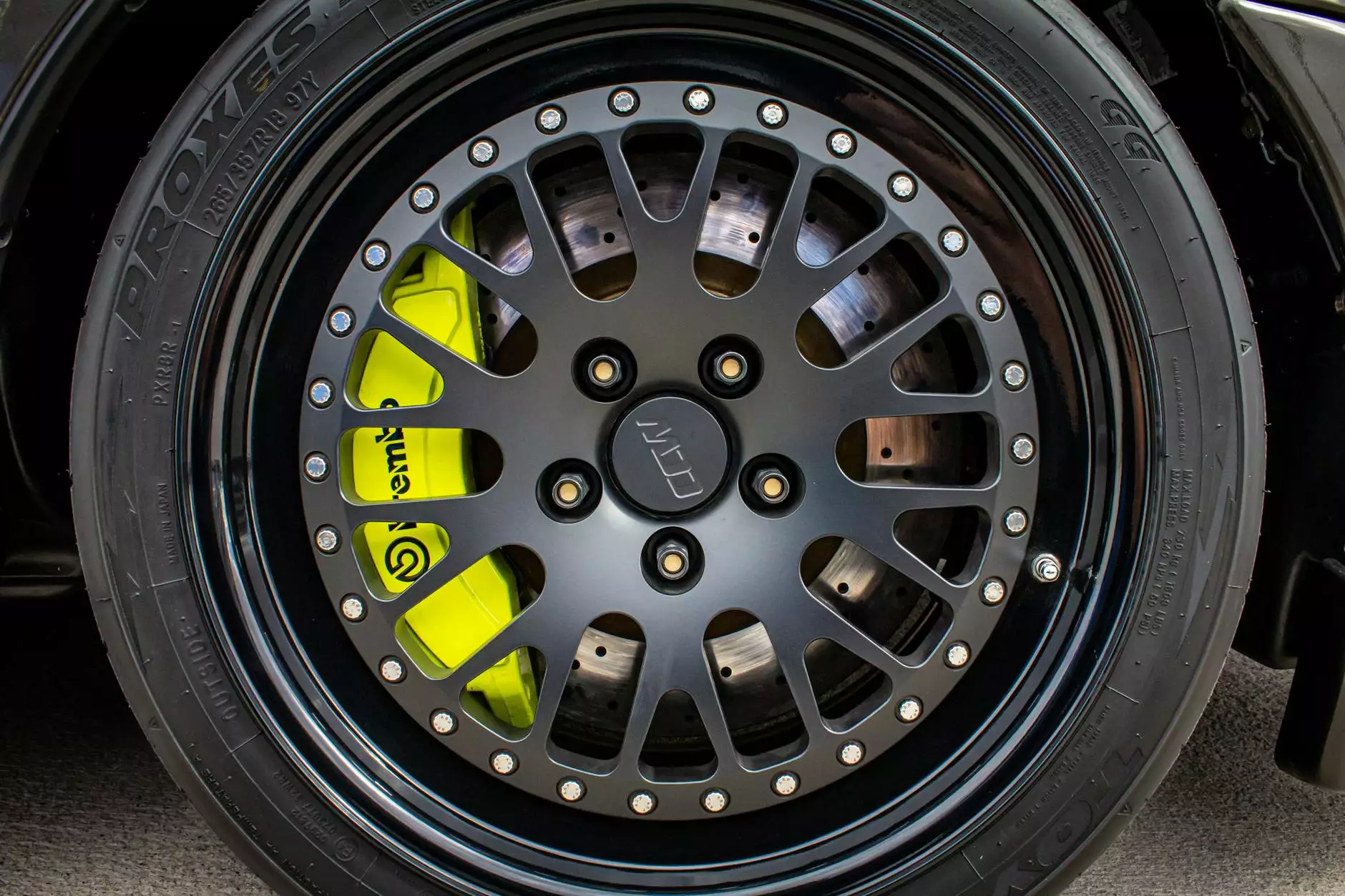Micro Precision Injection Molding: Revolutionizing Metal Fabrication

In today’s fast-paced industrial world, the need for precision and quality has never been greater. Micro precision injection molding has emerged as a cutting-edge technology that enables manufacturers to produce intricate components with unparalleled accuracy, especially in the field of metal fabrication. This article delves into the dynamics of this transformative technology, its applications, advantages, and its promising future.
Understanding Micro Precision Injection Molding
Micro precision injection molding is a specialized manufacturing process that allows for the injection of molten materials into micro-sized molds. It is particularly beneficial in producing detailed components with complex geometries and tight tolerances. This technique is increasingly seen in various industries ranging from automotive to medical, where the precision of parts is critical to overall performance.
Key Features of Micro Precision Injection Molding
- Precision: This process can achieve tolerances as tight as ±10 microns, allowing for the creation of incredibly detailed components.
- Efficiency: The ability to produce many parts simultaneously reduces production time and costs.
- Material Versatility: It can accommodate various materials, including polymers and metals, providing flexibility for designers.
- Complex Geometries: The process enables the production of intricate shapes that would be impossible with traditional machining methods.
The Role of Micro Precision Injection Molding in Metal Fabrication
While traditional metal fabrication methods have their merits, the advent of micro precision injection molding adds a new dimension to the industry. This method is particularly crucial in scenarios that demand both lightweight and strong components, where conventional techniques may fall short.
Applications in Metal Fabrication
Micro precision injection molding has a wide array of applications in metal fabrication, catering to diverse sectors:
- Aerospace: The aerospace industry utilizes micro-manufactured components for reducing weight while enhancing performance and safety.
- Medical Devices: In the medical field, precision is paramount. Devices such as surgical instruments, implants, and diagnostic tools benefit immensely from this technology.
- Consumer Electronics: Products like smartphones and wearables often incorporate miniaturized components that require precise molding.
- Automotive: The automotive sector is increasingly turning to micro precision molding for small, intricate parts that enhance vehicle performance and efficiency.
Advantages of Micro Precision Injection Molding
The shift towards micro precision injection molding comes with numerous advantages that set it apart from traditional manufacturing processes:
Cost-Effectiveness
One of the most significant benefits of micro precision injection molding lies in its cost-effectiveness. By enabling mass production of small components, manufacturers can greatly reduce the cost per unit. Furthermore, the reduced amount of material waste in comparison to traditional metal machining processes contributes to lower overall production costs.
Enhanced Design Flexibility
The versatility of micro precision injection molding allows engineers to push the boundaries of design without compromising on the integrity of the components. This flexibility is especially useful in projects that require rapid prototyping and iterative development.
Environmental Impact
With increased emphasis on sustainability, the reduced material waste and energy efficiency associated with micro precision injection molding present a more environmentally friendly alternative to conventional metal fabrication techniques. This aligns with global initiatives aimed at reducing the carbon footprint of manufacturing processes.
Challenges and Considerations
While the advantages of micro precision injection molding are significant, there are challenges that must be addressed for optimal implementation:
Tooling Costs
The initial investment in precision molds can be high. However, this cost is often offset by the long-term savings from increased production efficiency and decreased waste.
Material Limitations
While this technology accommodates a wide variety of materials, not all materials are suitable for micro injection molding. Ongoing research into new materials is essential for expanding the capabilities of this technique.
The Future of Micro Precision Injection Molding
The future of micro precision injection molding appears promising, with advancements in technology continually improving its capabilities:
Integration with Smart Manufacturing
As industries move towards Industry 4.0, integrating micro precision injection molding with smart manufacturing technologies can enhance production processes. Real-time data monitoring and AI-driven analytics can lead to improved quality control and operational efficiency.
Innovations in Materials
Research is ongoing into high-performance materials specifically designed for micro precision injection molding. The introduction of new materials can open doors to applications that were previously unattainable.
Conclusion
Micro precision injection molding is revolutionizing the metal fabrication industry by providing a combination of precision, efficiency, and design flexibility. Businesses like DeepMould.net at the forefront of this technology are setting new standards in manufacturing, proving that high-quality components can be produced with reduced waste and costs. As the technology continues to advance, its role in various industries will undoubtedly grow, solidifying its place as a cornerstone of modern manufacturing.
FAQs about Micro Precision Injection Molding
- What is the typical lead time for micro precision injection molding projects? Lead times can vary based on complexity, but they generally range from a few weeks to a few months.
- Can micro precision injection molding be used for both prototypes and production? Yes, this technology is suitable for both low-volume prototypes and high-volume production runs.
- What types of materials can be used in micro precision injection molding? Common materials include various thermoplastics, elastomers, and metals, depending on the application requirements.
- How do I choose the right technology and partner for my micro precision injection molding needs? Look for a provider with expertise in your specific industry and a proven track record of precision and quality.









